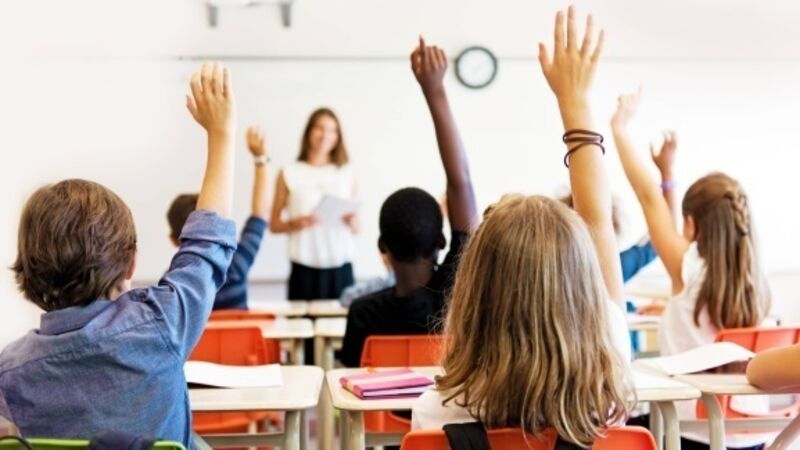Secret Diary of an Irish Teacher: In Dreamland, education is blown wide-open

Last week, I asked politicians to dream about a better education system. This week, I’m going to ‘dream a little dream’ myself.
In Dreamland, education is blown wide-open. In this world, young people see every possibility, every perspective; it’s no place for faith-based curricula. Rather, it’s a bird’s eye view of our world.











